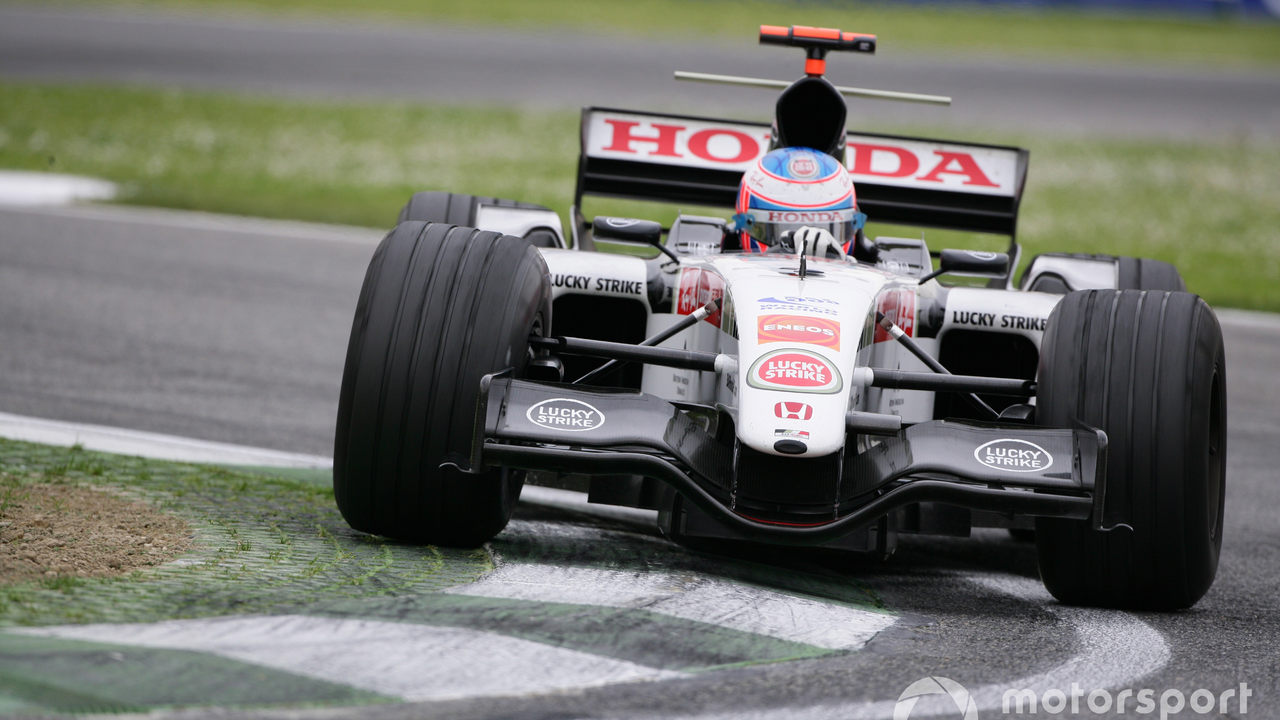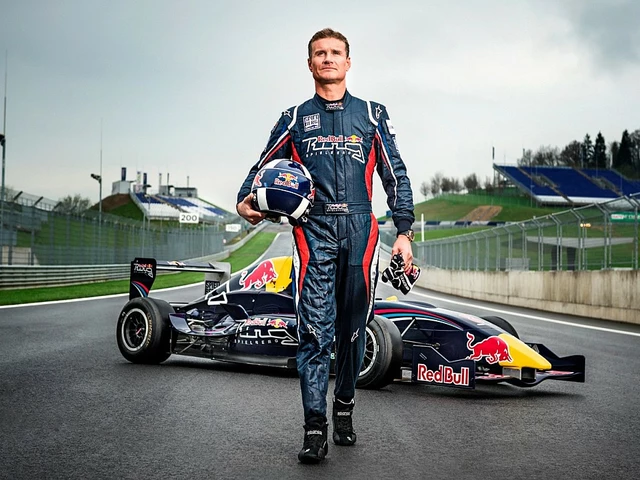The Intricate World of F1 Racing
As an avid fan of Formula 1 racing, I am as thrilled as a kid in a candy shop every time a race comes around. With the sound of engines roaring and the smell of burning rubber in the air, it's a spectacle that brings together adrenaline junkies and car enthusiasts alike. But there's always been one nagging question in the back of my mind - why doesn't BMW compete in F1? It's a question that perplexes many enthusiasts the world over, and today, I want to explore some possible answers.
Now, for those who remember the history of F1, BMW has previously competed in the sport. Yet, they have not done so for the past several years, which begs the question - why not? If one looks to the decisions and factors that have led BMW to step away from Formula 1, it might shed some light on this puzzle. So, let's dive into the deep end. Just like in an F1 race, there's no time for a warm-up lap; it's straight to the action.
The Practicalities of Investment
For starters, let’s discuss one pertinent factor, which is, of course, money. Formula 1 is undoubtedly an expensive sport to compete in. Sidney, my spouse, always rolls her eyes when I start to daydream about owning an F1 team. Surely, it's a dream that most fans harbor, but undoubtedly an expensive one.
For BMW, being a business first and foremost, the key decisions will always revolve around the return on investment (ROI). Therefore, while F1 can bring about considerable brand awareness and promotion, the ROI has always been a significant deterrent for the automaker. The cost of development, maintenance, and competition are immense and may simply not justify the returns for BMW.
Brand Focus and Consumer Perception
Moreover, let’s not overlook BMW's overarching focus - its consumer-oriented vehicles. BMW takes a keen interest in developing technology that can be implemented in its range of consumer vehicles, and historically, this hasn't always aligned with the technological feats being pushed by F1 regulations.
Participating in high-budget races might seem glamorous to us motorheads, but for BMW, it is crucial to assess whether this aligns with its brand philosophy. In this case, it appears that, while F1 is a technological powerhouse, the connection to BMW’s consumer vehicle lineup may, at times, be tenuous. This, in turn, could make it hard to justify the costs associated with participating in the races.
The Developments in the Automotive Industry
Next, as the world shifts towards a future of electric and autonomous vehicles, so too are the goals and focuses of automobile manufacturers like BMW, which has been proactive in embracing this change.
The focus on electric and hybrid technology has seen BMW launch successful model lines such as the 'i' series, which enjoy popularity among consumers. So, unless Formula 1 racing makes a sizeable shift towards electric or hybrid technologies, it seems unlikely we will see a return of BMW to the competition.
A Question of Priorities
There's also the delicate matter of priorities to consider. With various racing competitions around the world, such as the DTM, the World Endurance Championship, and others, BMW has to choose where to invest its time, efforts, and resources wisely.
I remember a conversation I had with Sidney last winter. We were discussing my chances of winning the lottery, and she said, "Kieran, you can't put all your eggs in one basket". The same wisdom applies to BMW: while the prestige of F1 is unequalled, the company's involvement in other racing competitions already strengthens its position and reputation in the world of motorsport, thus offering a solid ROI without the astronomical costs of F1.
The Future of BMW in F1
Finally, we must consider the prospects for the future. While BMW is currently not part of the F1 circus, that doesn't mean it won't ever return. Looking into the past, we can find periods when BMW was not involved in F1, followed by a return to the sport. As such, it can very well happen in the future, under the right circumstances.
One such opportunity could be a potential shift in the F1 focus towards more environmentally friendly power sources, which would align perfectly with BMW's current focus and future drive. As a fan and as an optimist, I would love to see that happen, though only time will tell.
In closing, the absence of BMW from F1 racing, while unfortunate for fans of the brand like myself, can be attributed to an intricate web of factors - financial constraints, brand focus, developments in the industry, and strategic priorities. But who knows? With the constantly evolving world of automotive and racing, I wouldn't write off the possibility of seeing the iconic BMW emblem on an F1 track in the future.





